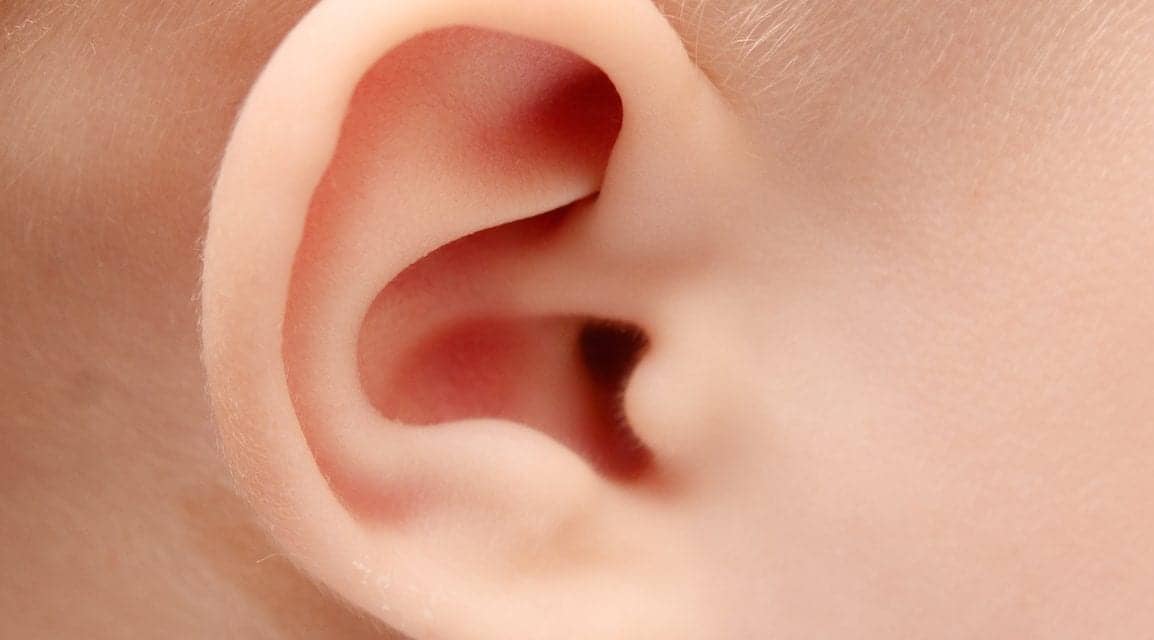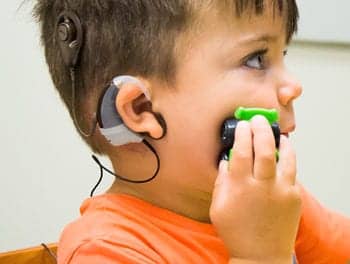Summary:
Sensorion has completed enrollment for the second cohort of its Phase 1/2 Audiogene clinical trial evaluating SENS-501, a gene therapy for congenital deafness caused by OTOF gene mutations, with early signs of hearing improvement and no serious adverse events reported to date.
Key Takeaways:
- Safety Confirmed: All six patients across both cohorts tolerated the intra-cochlear SENS-501 injections well, with no serious side effects or adverse events reported.
- Dose Escalation Achieved: The second cohort received a higher gene therapy dose than the first, supporting the study’s dose-escalation design.
- Promising Early Results: Early signs of hearing improvement have been observed in at least one patient, indicating potential efficacy of SENS-501 in restoring auditory function.
Sensorion, a clinical-stage biotechnology company specializing in the development of novel therapies to restore, treat, and prevent hearing loss disorders, has completed patient enrollment in the second cohort of its Phase 1/2 Audiogene clinical trial evaluating SENS-501, the company’s gene therapy candidate being developed to treat a specific form of congenital deafness linked to mutations in the OTOF (otoferlin) gene.
Recruitment of the second cohort, consisting of three patients aged between 6 and 31 months, was recently completed with the injection of the third patient. Patients in this second cohort were administered, unilaterally, a dose of d4.5E11 vg/vector/ear of SENS-501, which was higher than the dose in the 1st cohort (1.5E11 vg/vector/ear).
For all patients treated in the first and second cohorts, the surgical procedure was well tolerated: the intra-cochlear administration of the gene therapy product was uneventful. No serious adverse events and no serious side effects were reported.
Early signs of hearing improvement have been observed in Patient 3, aged 11 months at the time of injection, three months after receiving the low dose.
“The completion of patient enrollment in the second cohort in Audiogene is an important milestone as it enables us to attest to the safety of the surgical approach, as no serious adverse events have been observed in all six patients injected, and of the good tolerability of SENS-501 to date,” says Nawal Ouzren, chief executive officer of Sensorion. “I look forward to advancing this innovative and unique program to its next steps, notably with the planned Data Monitoring Committee meeting, and to providing an update as soon as the data have sufficiently matured. On behalf of my colleagues, I would like to extend gratitude to the patients’ families for their trust, as well as all the healthcare professionals involved in this clinical trial.”
Professor Natalie Loundon, MD, director of the Center for Research in Pediatric Audiology, Pediatric Otolaryngologist and Head and Neck Surgeon, Necker Enfants Malades, AP-HP, in Paris, France, and principal investigator of the Audiogene clinical study, adds, “I am thrilled we have successfully completed the patient enrollment of the second cohort in Audiogene’s Phase 1/2 gene therapy trial. The good tolerability of patients to SENS-501 so far and the preliminary positive data from the first cohort are very encouraging first steps for the continuation of this trial that has the potential to address a global significant unmet medical need. Once again, I would like to thank the patients’ families for their trust.”
Audiogene (ClinicalTrials.gov ID: NCT06370351) is the first gene therapy clinical trial addressing a unique homogeneous population of infants and toddlers (aged 6 to 31 months and naive of cochlear implants at the time of the injection, as per study protocol). Audiogene’s clinical trial design has been intended to assess SENS-501 gene therapy product’s safety and tolerability as well as its capacity not only to restore hearing but also to allow the infants and toddlers to acquire and develop normal speech. Moreover, Audiogene aims to evaluate the usability and the clinical and technical performance of the injection system in development.
For more information, visit Sensorion.
Featured image: Dreamstime





